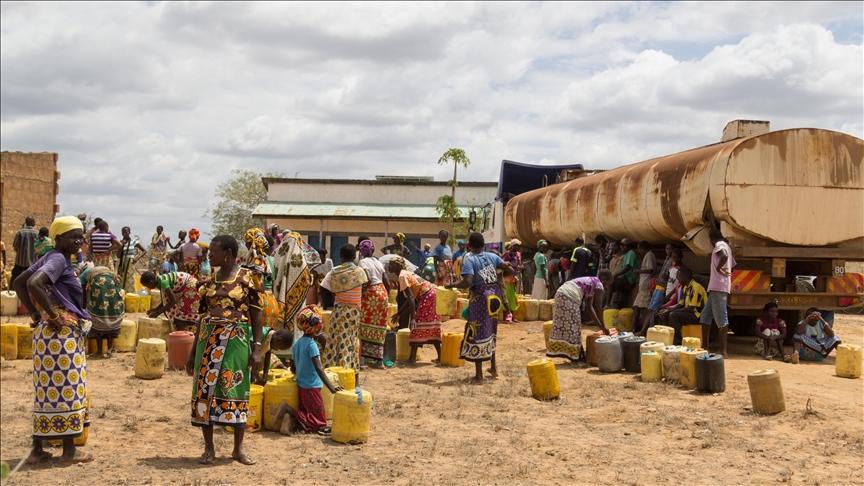Africa-Press – Kenya. The global hydrological cycle is spinning out of balance due to human activities, with droughts and extreme rainfall spurring climate change, the World Meteorological Organization (WMO) said on Thursday.
“Glaciers and ice cover are retreating before our eyes. Rising temperatures have accelerated – and also disrupted – the water cycle,” WMO Secretary-General Petteri Taalas said at a UN press conference.
“A warmer atmosphere holds more moisture. We are seeing much heavier precipitation episodes and flooding. And at the opposite extreme, more evaporation, dry soils, and more intense droughts.”
Currently, 3.6 billion people face inadequate access to water at least a month per year, which is expected to increase to more than 5 billion by 2050, according to the UN weather agency.
“Globally, we know already now that about half of the world has experienced an increase of flooding events and about one-third of the planet has been facing an increase of drought events,” said Taalas, noting the WMO is the UN’s only agency specializing in water, weather, and climate.
Enhancing flood potential
“We know that a one-degree warming of the climate means that we have 7% more humidity in the atmosphere, which means that it’s enhancing the flooding potential.”
Droughts and extreme rainfall events are wreaking a heavy toll on lives and economies, says the UN weather agency report that provides an extensive assessment of global water resources.
Melting snow, ice, and glaciers have increased hazards like floods and threatened long-term water security for millions of people.
Nonetheless, WMO says far too little is known about the actual state of the world’s freshwater resources in the report, which is described as a comprehensive and consistent overview of water resources worldwide.
It highlights the impact of climate, environmental, and societal changes, according to Taalas.
The world is unable to manage what it does not measure, says the WMO State of Global Water Resources 2022 report, which calls for a fundamental policy shift.
“There must be improved monitoring, data-sharing, cross-border collaboration and assessments of water resources – and an accompanying increase in investments to facilitate this,” says the WMO report.
“This is vital to help society cope with increasing water extremes of too much or too little,” it added.
The WMO State of Global Water Resources Report was first launched in 2022.
The new report adds information on important hydrological variables like groundwater, evaporation, stream flow, terrestrial water storage, soil moisture, cryosphere (frozen water), reservoir inflows, and hydrological disasters.
It integrates field observations, satellite-based remote sensing data, and numerical modeling simulations to assess water resources at the global scale.
For More News And Analysis About Kenya Follow Africa-Press






